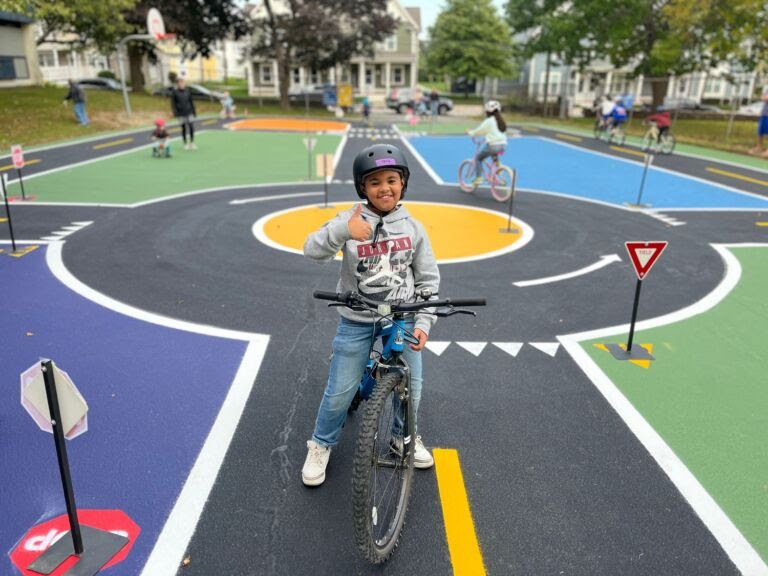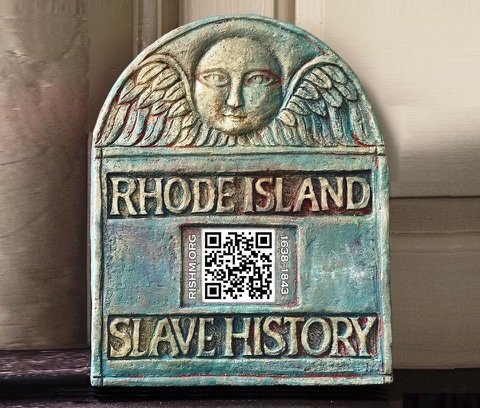Rebecca Elwell leading a No Wrong Door session
Where do we turn when we or someone we love needs help addressing a mental health or substance use condition? Often, people in need of help with these challenges don't know where to turn. Rhode Island's No Wrong Door initiative addresses this crucial need by connecting Newport County residents with a continuum of care best suited to their recovery.
No Wrong Door RI is a strong, substantive network of behavioral health and community organizations that links a wide array of services across Newport, Middletown, Portsmouth, Little Compton, Tiverton and Jamestown. The initiative ensures that if someone asks about getting help from any organization in the network, they are never in the wrong place. They will receive the information and care they need from the best resources available.
Throughout this program, Newport County residents are connected with a diverse group of professionals, including licensed social workers and substance use specialists. This comprehensive approach ensures that individuals can access the specific support they need, regardless of which organization they initially contact.
The underlying concept behind No Wrong Door's model has been practiced in communities throughout the world in recent years. In Newport County, the idea emerged from collaborative brainstorming among local healthcare leaders. Dr. Jon Brett, a clinical psychologist at Newport Hospital, along with Linda Hurley from CODAC and Jamie Lehane from Newport Mental Health, recognized the absence of a continuum of care for residents of Newport County and saw the need for such a model in his own community.
In a 2018 conversation, Dr. Brett described this need to Diana Oehrli, Trustee of the Gruben Charitable Foundation. Diana shared this information with then-Salve Regina President Sister Jane Gerety, who saw an opportunity to convene local nonprofits and discuss the need for increased collaboration. Sister Gerety invited a handful of organizations to a small lunch to explore ways to best address our community's needs.
"During that lunch, it became clear that communication between organizations could only be in the best interest of Newport County residents," Diana Oehrli said. "If there is a perception of a waiting list at one organization when there isn't one, that's a problem."
That convening and subsequent planning conversations with the van Beuren Foundation yielded No Wrong Door RI as a program of Strategic Prevention Partnerships, a nonprofit organization dedicated to enhancing community health led by Rebecca Elwell, who was involved through her role as Director of the Newport Prevention Coalition. Rebecca now leads the No Wrong Door program. In describing the impact of No Wrong Door, she says, "Our greatest achievement has been to bring community members with genuine lived experience to the table - providing an opportunity for them to shape and guide behavioral health services based on their own experiences within the system. We seek to amplify the voices of folks that for too long have been unheard."
We encourage you to visit No Wrong Door's web site and their program descriptions to become more familiar with the network's scope. And we encourage you to share this information with family, friends, and colleagues so all of our community members know that there is a wide, accessible network of supports available for everyone who needs it.






